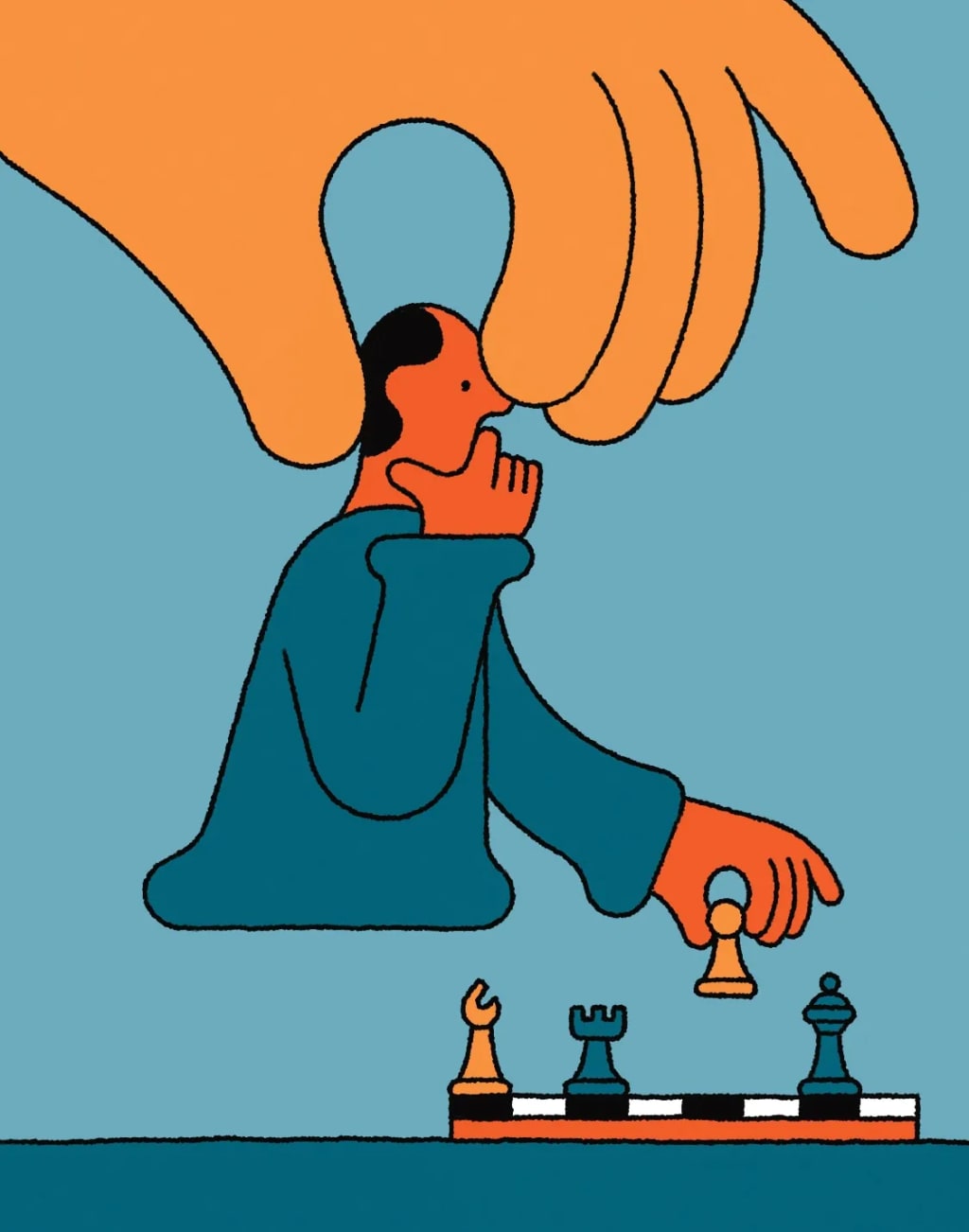who is in control?
Is free will an illusion?

The human experience is a curious dance between agency and happenstance. We strive to exert control over our lives, over the world around us, yet fate and circumstance often leave us grasping at shadows. The very concept of control, then, becomes a philosophical labyrinth, a path riddled with questions and paradoxes. What does it truly mean to control something? How much control do we actually possess? And is the pursuit of control ultimately a liberating or a disempowering force?
The desire for control is deeply ingrained in the human psyche. It manifests in our attempts to shape our destinies – through education, career choices, and the construction of our personal narratives. We build walls around ourselves, physical and metaphorical, to keep out the chaos and uncertainty. We establish laws and social norms to regulate behavior and predict outcomes. This pursuit of predictability and order stems from a fundamental human need for security and meaning-making. In a world that can be unpredictable and cruel, control offers a sense of empowerment, a feeling that we are not simply leaves adrift on the currents of fate.
However, the illusion of control is quickly shattered when we confront the vastness and indifference of the universe. Earthquakes, pandemics, and economic crises remind us that much of our existence lies outside our sphere of influence. We can meticulously plan our lives, but a single unforeseen event can send everything spiraling out of control. This recognition of our limitations can be deeply unsettling, leading to feelings of powerlessness and despair.
The concept of free will further complicates the issue of control. If our actions are predetermined by a chain of cause and effect, then how can we truly claim control over them? Determinism argues that every event is a necessary consequence of preceding events, leaving little room for individual agency. But if we reject determinism, how do we account for the myriad influences that shape us – genetics, upbringing, social context? The question of free will becomes a philosophical battleground, with profound implications for our understanding of control and responsibility.
Yet, perhaps control is not about mastery over external forces, but about mastering ourselves. The Stoic philosophers, for example, emphasized the importance of focusing on what we can control – our thoughts, our actions, and our reactions to external events. By accepting that much lies outside our grasp, we can cultivate inner peace and resilience. We cannot control the weather, but we can control how we dress for it. We cannot control the behavior of others, but we can control how we respond to them.
This shift in focus brings us to the concept of self-control, often seen as the pinnacle of control. It is the ability to regulate our emotions, impulses, and desires, to stay true to our values even in the face of temptation. It allows us to make conscious choices rather than be swept away by the currents of our subconscious. But self-control is a double-edged sword. While it can empower us to achieve our goals and live with integrity, it can also lead to rigidity and a stifling of spontaneity. The constant struggle to stay in control can become exhausting, robbing us of the joy of living in the moment.
The human condition, then, lies somewhere between these two extremes – the illusion of complete control and the despair of complete powerlessness. Perhaps the most meaningful approach lies in embracing this paradox. We must acknowledge the limitations of our control while simultaneously striving to shape our lives with purpose and intention. It is about recognizing the dance between agency and chance, and learning to navigate the steps with grace and resilience.
The pursuit of control is not about eliminating all uncertainty, but about developing the skills to manage it. It is about fostering adaptability, embracing change, and learning to improvise. It is about cultivating the courage to let go of the things we cannot control and focusing our energy on what we can. Control, then, becomes less about domination and more about navigation, about steering our course through the ever-changing tides of life.
This philosophy of control is by no means a simple one. It requires constant introspection, a willingness to accept limitations, and the ability to find balance between action and acceptance. It is a journey, not a destination, and the most valuable lesson may not be about achieving complete control, but about learning to find freedom within the dance between the controllable and the uncontrollable.





Comments
There are no comments for this story
Be the first to respond and start the conversation.